Fethiye Atlı would never have dreamed of being elected as a mayor as a headscarf-wearing woman in Muslim-majority Türkiye some three decades ago. Atlı faced her first challenge in 1997 when her headscarf became “a problem” for administrators, and she engaged in a legal battle to continue her job as a civil servant when she faced a ban. She was among thousands of women and girls who were seen as symbols of “reactionary forces” by the mindset behind the notorious coup of 1997.
Friday is the 28th anniversary of the so-called “postmodern coup,” during which powerful military brass issued a veiled ultimatum to the government that ended with the latter’s fall. It is considered “postmodern” as it did not involve the army openly taking power as it had in the past coups. The coup was no different than others otherwise. It targeted certain members of the public and kept fear of military intervention alive whenever powerful generals disliked the government.
The coup’s primary target was the “Islamists” of then-Prime Minister Necmettin Erbakan, leader of the Welfare Party (RP), who became the voice of the conservative electorate excluded by other parties. With the aid of media, judiciary and academia, as well as other political parties, the military paved the way for a coup through a thinly disguised campaign targeting conservative segments of the society. Its culmination was a lengthy meeting of the powerful National Security Council dominated by generals on Feb. 28, 1997. The meeting ended with a declaration that aimed to curb what the military called threats to the secular nature of the republic. It called for a set of measures ranging from uninterrupted implementation of a headscarf ban for students and civil servants to limits on “green capital” (businesses run by conservative families or businesspeople). Erbakan did not sign the declaration but days later, he signed a slightly modified version of it, apparently under pressure. In June, he resigned, while his coalition government with the True Path Party (DYP) collapsed when President Süleyman Demirel tasked another politician with forming the government instead of Erbakan’s coalition partner Tansu Çiller.
The new government started implementing the contents of the declaration and tore apart dreams of girls pursuing higher education, military officers on the path of promotion and young men pursuing admission to better schools through a series of “measures.”
In the following decade, more than 600,000 headscarf-wearing students were barred from schools and universities because of the coup, which also kept more than 14 million vocational high school students from entering universities they eyed due to a calculation system that favored regular high schoolers during the university placement processes. Moreover, some 1,635 personnel were sacked from the Turkish Armed Forces (TSK), over 11,000 teachers resigned and 3,527 others were laid off between 1997 and 2001. More than 33,200 teachers faced disciplinary investigations for their garments, while 11,890 others were handed disciplinary punishment without being fired. Some 396 employees of the Presidency of Religious Affairs (Diyanet) were similarly punished, and 128 others were removed from duty. Over 130 people working at universities and colleges were laid off and 187 immovable properties of 21 foundations shut down for “reactionary” activity were confiscated. The total economic cost of this period was $381 billion.
The coup and its aftermath disrupted the lives of many. Fired civil servants struggled to find jobs. Female students had to leave for abroad to study, while male students of Imam-Hatip schools could not pursue their dream of attending prestigious universities in the country.
Atlı, former mayor of Keban, a town in the eastern province of Elazığ, says the coup was not “postmodern” but rather “backwards.” “Those behind the coup were the real reactionary forces,” Atlı told Ihlas News Agency (IHA) ahead of the anniversary.
She recalled that her troubles began in 1997 when a headscarf ban started to be implemented for civil servants like her. “I used to take leaves or call in sick so that I’d keep my job. It was a difficult process,” said Atlı, who faced lawsuits in the period leading to the coup.
“I always defended my right to wear a headscarf. I sought for the lifting of the ban through petitions but eventually, I was fired,” she recalled.
It was only under the ruling Justice and Development Party (AK Party) that the headscarf ban was lifted for civil servants. In 2014, Atlı was able to run for the mayor’s seat in Keban and won the election.
“I thank Allah for living to see that day. I thank everyone who played a role in lifting the ban,” she said.




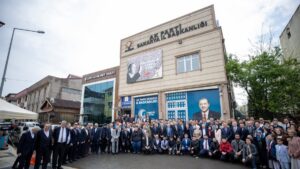

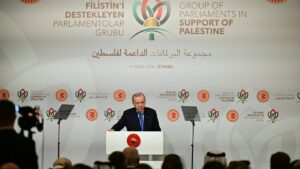
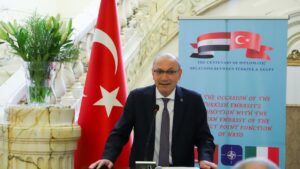
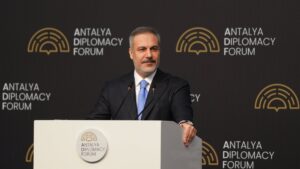

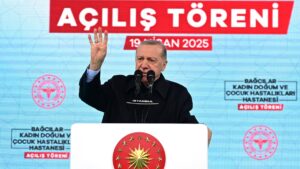

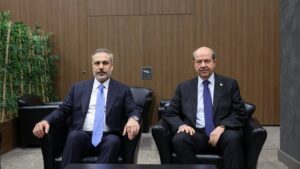


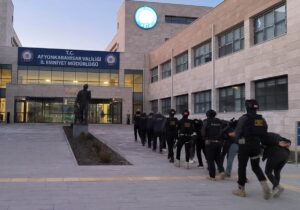

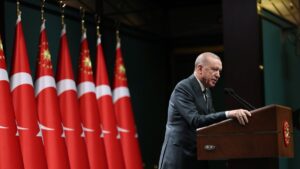

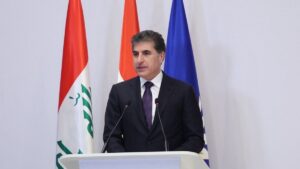

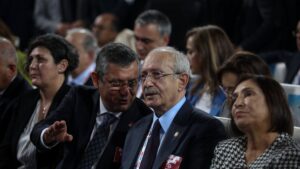
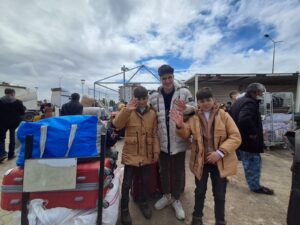
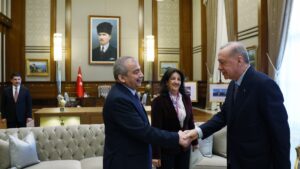
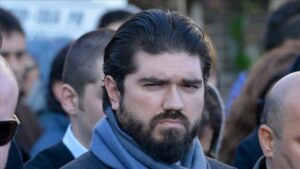
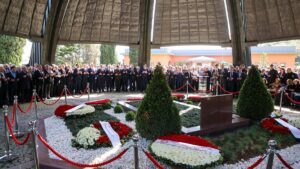
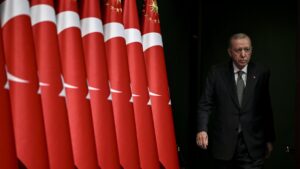
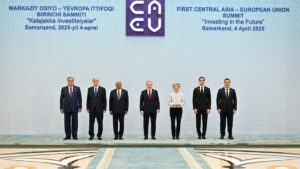
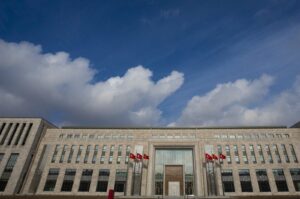

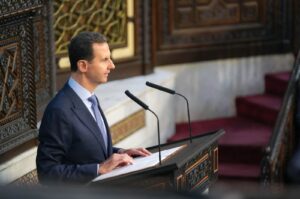


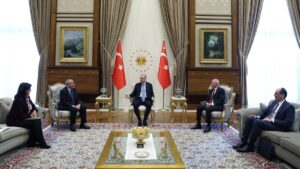
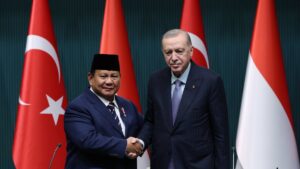

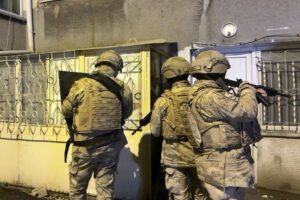
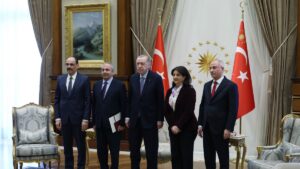

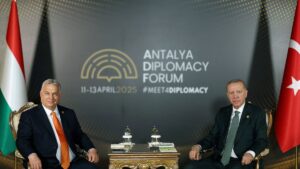


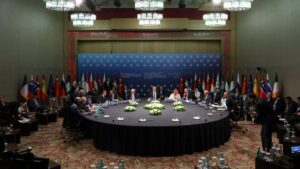


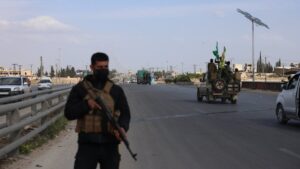



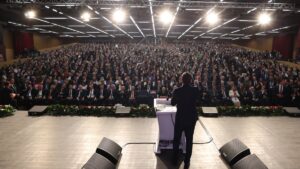
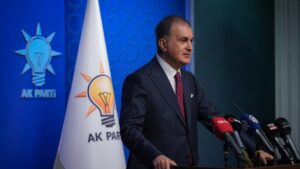

Be First to Comment